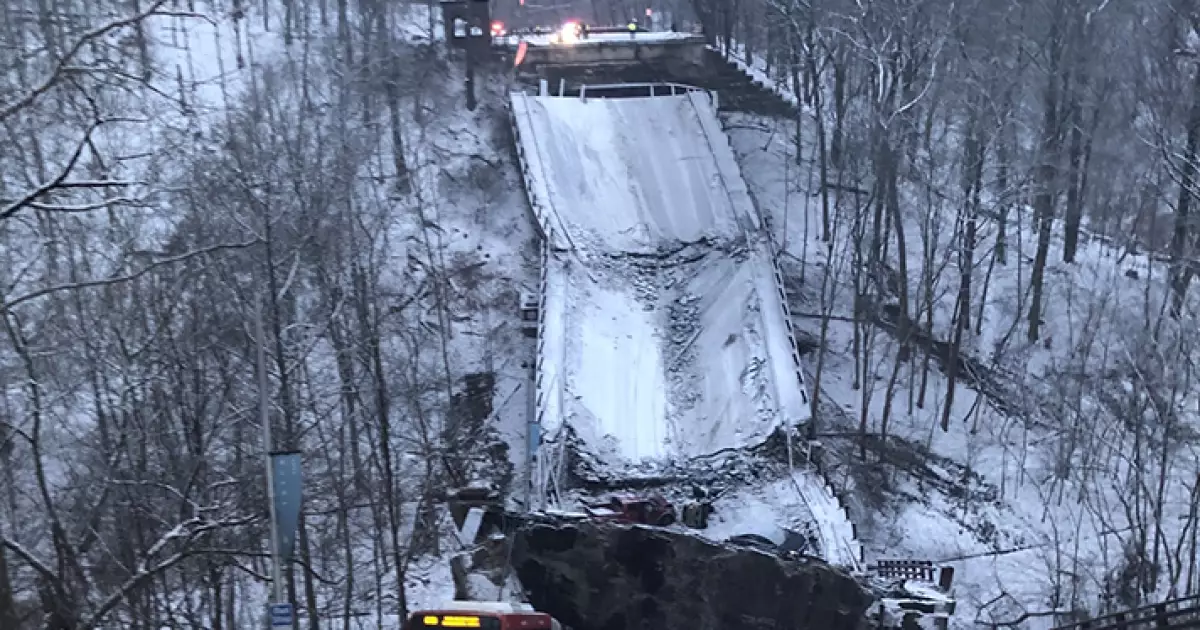The Pennsylvania Department of Transportation (PennDOT) has established a timeline for private sector companies to submit unsolicited proposals for transportation projects. This process is managed by PennDOT’s Office of Public-Private Partnerships and occurs twice a year, in April and October. The key objective of this initiative is to encourage innovative approaches to delivering transportation projects across various modes, including roads, bridges, rail, aviation, and ports. While the submission period primarily pertains to PennDOT-owned assets, interested parties can also propose projects involving non-PennDOT-owned assets, such as transit assets.
During the previous submission period, PennDOT received three proposals, one of which involved the progressive delivery of the I-83 Capital Beltway program. This program aimed to utilize two or more design-build-finance contracts for the efficient execution of transportation projects. Additionally, PennDOT is currently managing four active P3 programs, including the Major Bridges program, which involves the replacement or rehabilitation of major interstate bridges. Notably, the department successfully issued $1.7 billion in private activity bonds for this program, marking a significant milestone in leveraging private sector investment for public infrastructure projects.
Despite the progress made in advancing P3 projects, PennDOT faced challenges related to tolling and user fees for infrastructure financing. In response to a court decision that impacted the Major Bridge program, lawmakers reformed the P3 legislation to limit PennDOT’s authority to impose tolls and user fees. This regulatory overhaul underscored the complexities and constraints associated with funding mechanisms for P3 initiatives. Moreover, PennDOT’s decision to proceed with the bridge projects without tolling raised questions about the long-term financial sustainability of such projects.
Looking ahead, PennDOT’s unsolicited proposal process presents both opportunities and challenges for private sector entities. Companies seeking to collaborate with PennDOT on transportation projects must navigate a regulatory landscape that has undergone recent revisions. Additionally, the evolving nature of P3 legislation in Pennsylvania underscores the importance of proactive engagement and strategic alignment with PennDOT’s priorities. As the state continues to invest in infrastructure development, the success of P3 projects will depend on fostering innovation, transparency, and collaboration between public and private stakeholders.
PennDOT’s unsolicited proposal process reflects a concerted effort to drive innovation and efficiency in transportation project delivery. While the road ahead may pose challenges, it also offers significant opportunities for private sector involvement in shaping Pennsylvania’s infrastructure landscape. By critically analyzing the existing framework and addressing key issues, PennDOT can pave the way for successful partnerships that benefit the state and its residents.

